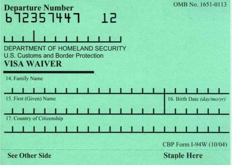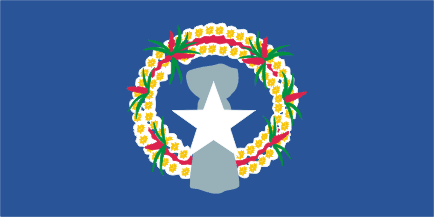Re-entry Permit – Just What is Permitted?
The attorneys at Romben Law, APC are often asked whether using a re-entry permit “guarantees” re-entry to the US after a prolonged absence. A lot of people seem to think that there is some guarantee that using the re-entry permit will ensure their safe return to the US. In most cases, this is true, but it’s important to remember that the Customs and Border Protection (CBP) can and now will often still interrogate returning permanent residents about their reasons for leaving the US for long periods of time, most especially, those trips outside the US that are more than 6 months.
Using a re-entry permit allows a permanent resident to ask for re-entry to the US, but it only ensures that the CBP cannot use the length of absence as the only reason for denying entry. If CBP finds that a person holding a re-entry permit may have been employed abroad, or took up formal residence abroad, CBP can refer an individual for removal proceedings or deferred inspection when CBP will conduct a more formal interview of the applicant for re-admission. This will give you, the applicant a chance to rebut any allegation that you have abandoned your US permanent residency. If you are facing an abandonment interview with CBP, you will have one chance to show that you are eligible to keep your status. Contact the attorneys at Romben Law, APC if you would like a consultation regarding your case. —ecf
 Immigration Visa Attorney Blog
Immigration Visa Attorney Blog


 The US Department of Homeland Security (DHS) has said that it will start phasing out use of the I-94W Arrival-Departure Card. Immigration lawyers at Romben Law, APC have been practicing law a very long time, and the I-94 is a venerable old immigration law fixture. It appears that DHS has decided to attune to the times, automating the gathering and review of biographic information about persons entering on the Visa Waiver program.
The US Department of Homeland Security (DHS) has said that it will start phasing out use of the I-94W Arrival-Departure Card. Immigration lawyers at Romben Law, APC have been practicing law a very long time, and the I-94 is a venerable old immigration law fixture. It appears that DHS has decided to attune to the times, automating the gathering and review of biographic information about persons entering on the Visa Waiver program. In our
In our  The citizens of some countries are allowed to enter the USA as touristic or business visitors without first obtaining a B-1/B-2 visitor visa. As Los Angeles immigration lawyers, Romben Law, APC often receives questions about whether a particular country is eligible for this Visa Waiver Program (VWP).
The citizens of some countries are allowed to enter the USA as touristic or business visitors without first obtaining a B-1/B-2 visitor visa. As Los Angeles immigration lawyers, Romben Law, APC often receives questions about whether a particular country is eligible for this Visa Waiver Program (VWP).
 All immigration law attorneys must deal with foreign countries, unique international legal issues, and some quaint interpretations of law. The lawyers at Los Angeles’ Romben Law, APC are no exception, and in fact, this recent change affects some of our clients who do business in or own businesses in the Commonwealth of the Northern Mariana Islands (CNMI).
All immigration law attorneys must deal with foreign countries, unique international legal issues, and some quaint interpretations of law. The lawyers at Los Angeles’ Romben Law, APC are no exception, and in fact, this recent change affects some of our clients who do business in or own businesses in the Commonwealth of the Northern Mariana Islands (CNMI).